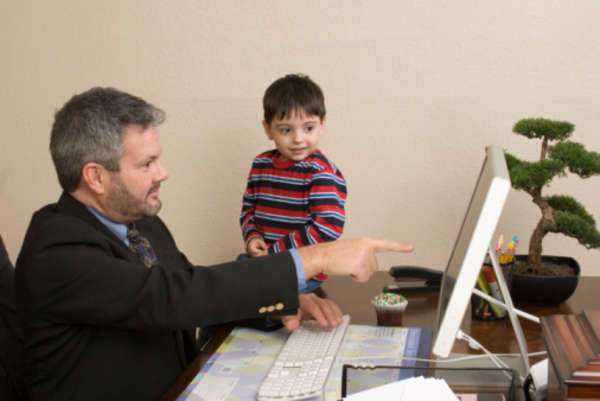Closed Adoptions vs. Open Adoptions



For many people, after nine months and much preparation,
a boy or girl of their own making will be brought into a home. In rare
instances, individuals have found a baby on their doorstep and raised the child
One facet of the overall adoption cost is what
compensation a placement agency should expect to receive for their services and
what functions they will provide or require that will necessitate remuneration.
Of course, there is a general application fee. Beyond that, though, there are
adoption costs associated with the interviews, background checks, medical scans, and psychiatric evaluations of parents as part of the
application.
An additional adoption cost lies in the need for
post-placement supervision. Prior to finalization of the adoption process, a
caseworker must report on the status of the child and how the adoptive parents
are doing in providing for the adoptee. On the high end of the price scale,
these elements collectively can cost over $5,000 USD.
Adoption costs exist for birth parents, too, but as part
of the agreement between parties, the adoptive parents might cover these fees,
especially when the mother could not be expected to handle the expenses
herself. One adoption cost that is of paramount importance in the event a
parent will cede custody upon giving birth is proper medical treatment. This
will likely manifest itself in prenatal and perinatal care, as
well as any necessary hospitalization fees. These
things alone may ratchet up the total adoption cost by another $10,000 or more.
In all, though the final adoption cost may be relatively
slim, it is not unheard of for adoption costs to reach over $25,000 or $30,000
dollars. Some families will be on the outside looking
in, even for domestic adoptions. Even if these rates will not financially
cripple a family or family-to-be, however, the decision to adopt should not be
made lightly. For adopters and the adopted alike, this process is life-changing.

